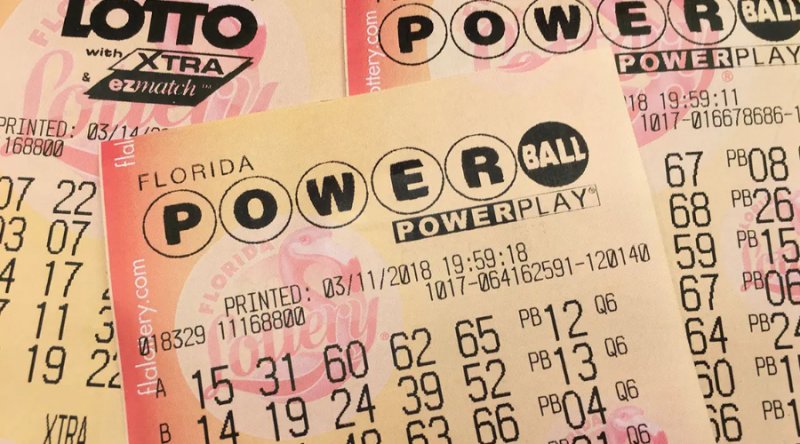
Powerball Lottery
If you’ve been on the internet in the past few days, you’ve undoubtedly seen stories about the Powerball lottery. The jackpot is now over $1.5 billion, and anyone with even a small chance of winning can see their dreams come true if they buy tickets. But what are the odds of actually winning? And what are the implications of winning? In this blog post, we will provide you with all the information you need to know about the Powerball lottery and its implications. We’ll also discuss some strategies for playing responsibly and avoiding scams.
What is the Powerball Lottery?
The Powerball Lottery is a lottery game held by the Multi-State Lottery Association (MUSL) that began on April 19, 1994. The game features 13 numbers from 1 to 59 and a Powerball number of either 1, 2, 3, 24, 26, 29, 38, 49 or 53. Players can choose one of five prize options: $2 million cash; 2 million shares of stock in the company that manufactures the ball; a car worth up to $250,000; a trip for two to anywhere in the world; or $1 million cash. The jackpot for the 2016 Powerball drawing was estimated at $268.6 million.
How does the Powerball Lottery work?
The Powerball Lottery is a national lottery that began in 1993. Players choose five numbers from 1 to 59, and one number from 1 to 26, to win the jackpot. The odds of winning the jackpot are 1 in 292 million. The 파워볼사이트 offers multi-million dollar prizes each Saturday and draws over 175 million tickets each year.
How to play the Powerball Lottery
How to play the Powerball Lottery
To play the Powerball Lottery, you must purchase tickets at a store or online. The lottery is played in 44 states and the District of Columbia. You can also buy tickets in Puerto Rico and the US Virgin Islands.
You have achance of winning any prize from $2 up to $500,000. Lucky numbers for this year’s drawing are 27, 28, 31, 34, 46 and 58.
To play the Powerball Lottery, you must purchase tickets at a store or online. The lottery is played in 44 states and the District of Columbia. You can also buy tickets in Puerto Rico and the US Virgin Islands. Odds of winning depend on how many tickets you purchase and where you buy them.
The odds of winning the Powerball lottery
There are about 175 million possible combinations for the numbers 1-59 in the Powerball lottery. That means that, on average, there is one chance in nearly 176 million of winning the jackpot. However, because Powerball tickets are sold in multiple states concurrently and because there are a limited number of tickets sold for each drawing, some people are lucky enough to win multiple times in a row. According to Powerball’s website, as of March 2018, someone had won the jackpot twice in three months!
What to do if you win a Powerball ticket
If you’re one of the lucky winners of a Powerball ticket, there are a few things you need to know before claiming your prize. First and foremost, you’ll need to contact the lottery’s headquarters in Pennsylvania to claim your prize. You can find their contact information on their website or by calling 1-800-POWERBALL.
Once you’ve contacted them, they’ll ask for your ticket number and the relevant information about the ticket, like the date and time it was purchased. They also want to know whether you bought the ticket as an individual or as part of a group. If you bought the ticket as part of a group, then each member of your group will need to contact the lottery in order to claim their portion of the prize.
Finally, if you win a large jackpot, you’ll have to agree to pay taxes on your prize. Depending on where you live, this could mean paying income taxes, capital gains taxes, or both.
Conclusion
The Powerball Lottery is one of the most popular games in the United States, and it’s easy to see why. With a potential jackpot of up to $1.5 billion, there’s always a chance that you could win big! However, despite its popularity, there are some things you need to know if you want to have even a small chance of winning the lottery. In this article, we will outline all of the key facts about Powerball so that you can make an informed decision about whether or not to play.



